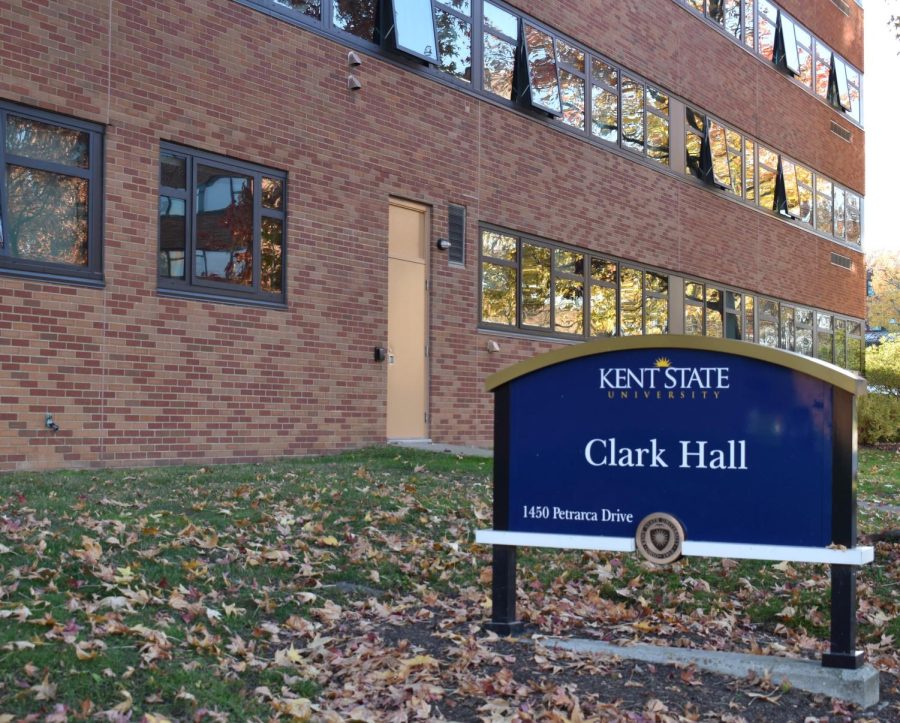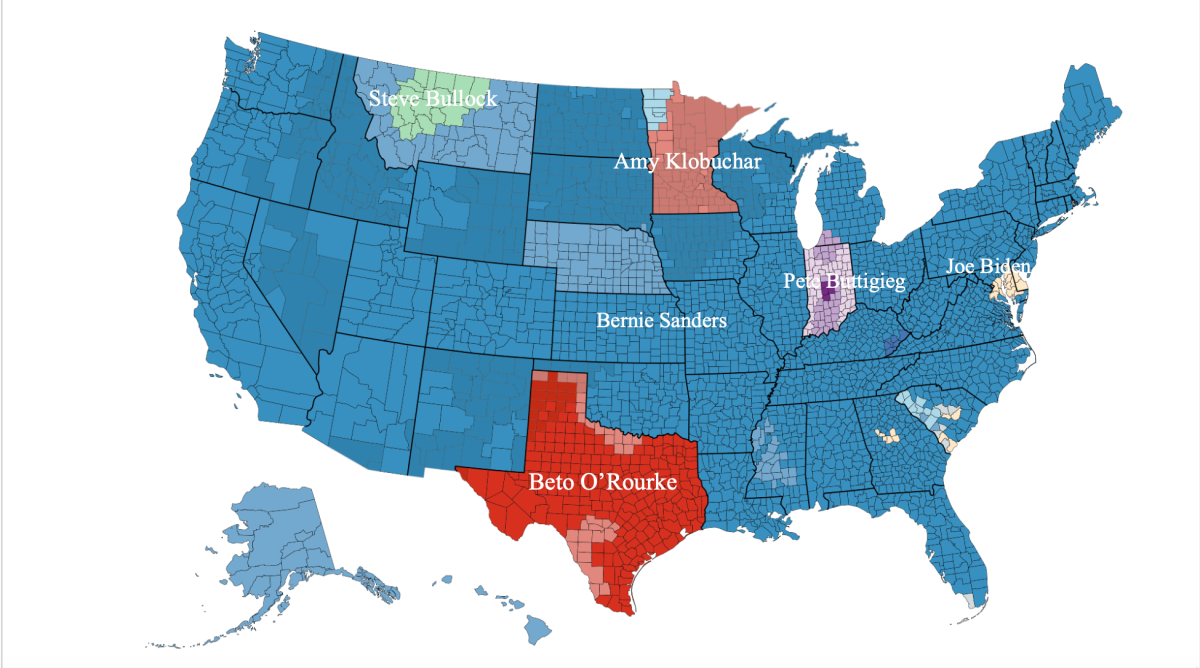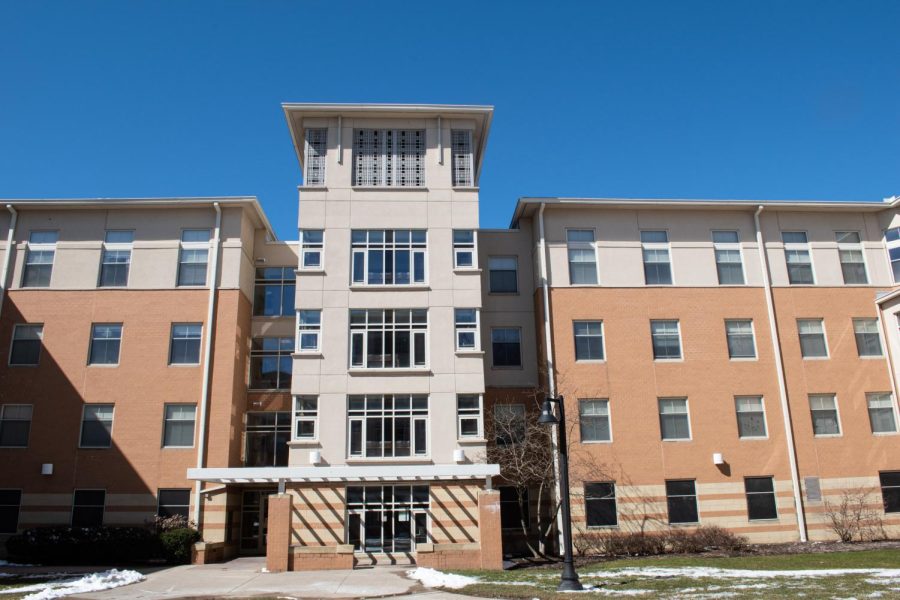Students in transitional housing are phasing out of lounge living as the fall semester continues. Kent State’s 2024 freshman class is one of the largest in history, with nearly 4,250 students — the largest class since 2019.
Due to the high number of incoming students, there were not enough beds on campus to house them all. As a result, some students were temporarily housed in the lounges of Allyn, Clark, Dunbar, Fletcher, Koonce, Manchester, Prentice and Wright Hall.
As students explored their new homes, they found hall lounges boarded up with window coverings and pushed-together furniture, as previously reported by The Kent Stater. However, this temporary fix for overbooked housing has mostly come to an end. Most students who were living in the lounges have been moved into traditional dorm rooms, though some are still in lounges in Clark Hall.
Ben Hunsicker, resident hall director of Wright Hall, discussed his role in ensuring that transitional living was a successful situation for students.
“As a housing director, there’s pressure on us to find spaces for students,” Hunsicker said. “Because there is such a demand for more private spaces, there are a lot of factors this year that, from what I understand, were very much out of our control.”
Gracie Westover, a freshman communications major who lives in Fletcher Hall, said she was concerned about the living situation on campus.
“When I first learned that students would be living in a lounge instead of a traditional dorm, I was shocked and nervous that I would be placed in one,” Westover said. “They overbooked themselves with students living on campus and made them sleep in a lounge, yes they were furnished but still that is not okay.
“I’m not 100% sure what the living conditions were like living in the lounge, but in my opinion, I don’t think it would have met my needs in terms of space and privacy. I feel like there are a lot of windows in there. Yes, I love my windows in my dorm, but I think the lounge has too many windows to be living in when it comes to privacy.”
Hunsicker and other hall directors wanted to ensure that students living in the lounges had all the accommodations and support they needed.
“The students living in the dorms were really on the hall director’s radar,” he said. “I have interacted personally with several families during move-in and made myself, as a professional staff member, able to really help those students negotiate that space.”
Although Westover did not live in a lounge herself, she observed the situation of those who did. She said she was not sure the environment would have met her standard.
Privacy was a significant concern in transitional living, and Hunsicker said staff worked hard to ensure that students felt comfortable.
“We want everyone to live in a situation where they can feel like it’s a home, but it is really hard when you’re living right on top of each other,” he said.
Westover said she would have been upset if she had been one of the students living in a lounge, especially given the cost of living on campus.
“I would not be happy if I was told I would be living in a lounge instead of a dorm room,” she said. “I’m paying all of this money to live somewhat comfortably in a normal dorm, not a lounge, just because they had too many students staying on campus.”
Many students feel the cost of housing is quite expensive and that the university overbooked. Hunsicker said the situation was not an attempt to pressure students into living on campus.
“This was not an ideal situation to begin with, and it certainly wasn’t motivated, on our end, by trying to squeeze extra cash out of our students,” he said.
With the 2024 freshmen class being unexpectedly large, the university is still trying to provide students with a comfortable living space and a sense of community.
“Enrollment this year was massive, and that’s good and bad,” Hunsicker said. “What happens is you find a lot of students who lost their lounge, which became a residence hall room. That’s really challenging when it comes to building community. We had to get really creative in terms of running programs. What we try to do is make sure all the students know that they still have the option to move to other rooms as they become available.”
Savannah Carroll is a reporter. Contact her at [email protected].











